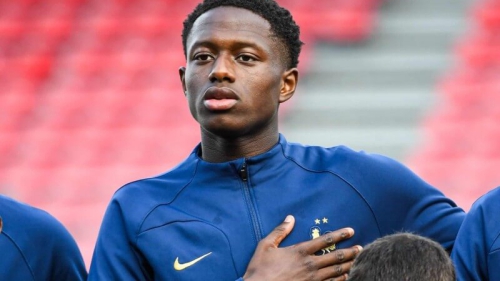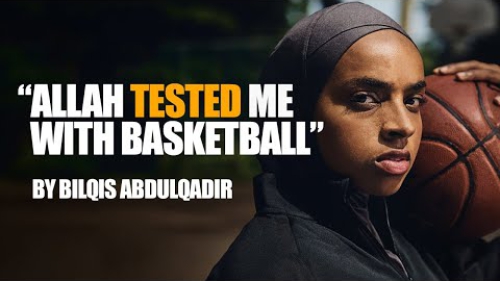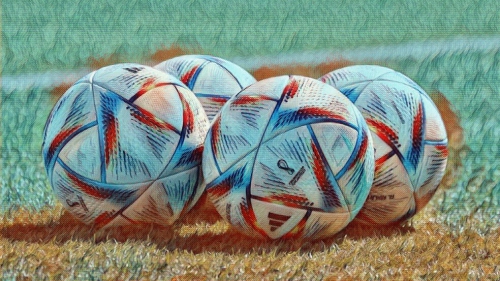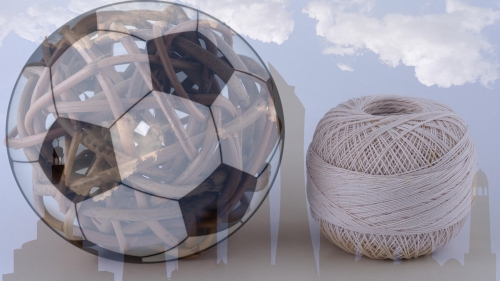Used-Up Heroes
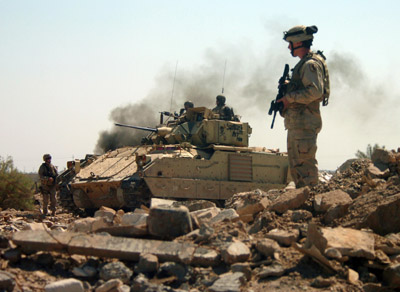 |
At a sports bar in downtown Minneapolis called Sneaky Pete's, "Young men fueled with alcohol begged Boogaard to punch them, so they could say they survived a shot from the Boogeyman."
I'm thinking, wow, we power our society as much on adolescent energy as we do on fossil fuels. And the consequences are probably even more devastating.
The quote is a small moment in an excellent story in the New York Times the other day by John Branch called "A Brain Going Bad," about the National Hockey League's onetime premiere enforcer/tough guy, Derek Boogaard, who died last May at age 28 of an alcohol and painkiller overdose. His addiction to them was likely due to unrelieved, untreated brain trauma.
After his death, brain researchers discovered the presence of chronic traumatic encephalopathy, or CTE, an Alzheimer's-like condition most likely caused by repeated blows to the head. Boogaard had become just one more used-up hero.
"More than 20 dead former NFL players and many boxers have had CTE diagnosed," Branch wrote. "It generally hollowed out the final years of their lives into something unrecognizable to loved ones."
But, Branch noted, the NHL does not acknowledge a link between hockey and CTE and is not about to end on-ice fighting, which of course is the source of the adrenalin - the adolescent energy - that maintains its fan base. Professional hockey may masquerade as a game, but, like all major league sports, it is first and foremost big business; the product it sells is vicarious thrills and a pseudo-military quest for hometown victory, all wrapped in a package of good old American values.
One of the most telling moments in Branch's story was when the Minnesota Wild, the team with which Boogaard spent most of his career, paid a tribute to him after his death, in the form of a pregame film of his career highlights:
"The Wild had drafted Boogaard in 2001, groomed him to fight and paid him several million dollars over five seasons to be the NHL's top enforcer. He punched his way to local adoration and leaguewide fear and respect.
"The tribute showed Boogaard running over opponents, smiling with fans and talking to children. It showed each of the three NHL goals he scored.
"It did not show a single punch."
There's a time to be vicious and a time to lie, and the lying is called propaganda. The lying is called bringing democracy to Iraq, or Afghanistan. The lying is called national defense and "support our troops." Our moral integrity rests on a foundation of public relations - the assertion that wise and benevolent institutions (certainly not reckless ones, certainly not cowardly) are in control and maintaining the public good. And every so often the public is thrown something - the corpse of Osama, say - and the adolescent energy bursts forth in cries of "USA! USA!"
And it's all good. Except ...
"The U.S. Army is confronting an unprecedented suicide crisis. Since the start of the wars in Afghanistan and Iraq, more than 1,100 soldiers have taken their own lives, with the numbers escalating each year for the last six years. (In 2010) alone, 301 soldiers committed suicide - a new record."
We're using up our heroes. Whatever we're doing to the rest of the world, we're also doing to ourselves. The statistics come from Stars and Stripes, the GI publication, which, in a series of articles in June, looked at the lives of some of those soldiers who committed suicide. Like Derek Boogaard, they had injuries to their brains - if not from physical trauma (though innumerable soldiers and vets suffer from such injuries), then the psychological kind, known as post-traumatic stress disorder - and these injuries hollowed out their lives, made them, at times, unrecognizable to loved ones.
"Friends and family members say the Army was more than happy to take (Jacob) Andrews when it needed new soldiers for an unpopular war," writes Bill Murphy in Stars and Stripes, "but that it punished and abandoned him when he returned from Afghanistan, despite clear signs of post-traumatic stress disorder, depression and possible traumatic brain injury."
Andrews, who got into trouble due to his drinking, was given a general discharge in the midst of his re-enlistment - and the Army was then done with him, except to hound him to pay back $11,000 of his re-enlistment bonus. He was never examined or treated for PTSD, never given the least bit of official understanding for troubled behavior. Despite his service, he was denied honors or benefits. He finally hanged himself earlier this year in a wooded area near his parents' house in Kansas City, becoming "part of the grimmest military statistic of modern times: one of the 18 U.S. veterans, on average, who commits suicide each day."
Violence is a toy we play with as a culture, a commodity we sell. And the heroes born of violence, created in adolescent enthusiasm - "punch me, Boogeyman" - are subject to the same dehumanization process as our designated enemies. PTSD is an injury of human beings, not heroes, and the only treatment for it is growing up.
*****
Robert Koehler is an award-winning, Chicago-based journalist, contributor to One World, Many Peaces and nationally syndicated writer. His new book, Courage Grows Strong at the Wound (Xenos Press) is now available. Contact him at koehlercwgmail.com or visit his website at commonwonders.com.
Topics: Sports And Recreation Channel: Opinion
Views: 3696
Related Suggestions







